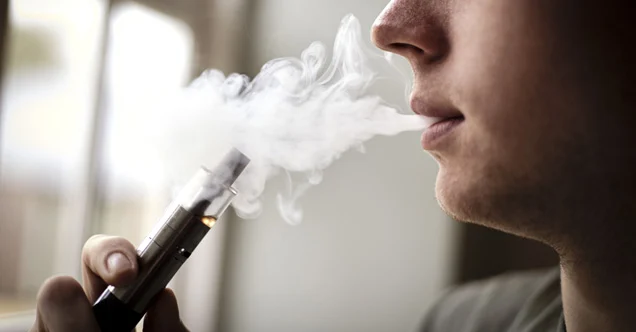Dental anxiety, also known as dental phobia, is the fear of visiting the dentist. Those who have this fear experience anxiety when they consider seeing a dentist or going to the dentist. Dental phobia may result from a family history of dental issues, painful events in the past, or a feeling of being in the dark.
It is very common, but at the same time, it needs to be taken care of. Relaxation methods, guided imagery, and exposure therapy can help you recover from this illness. Speak with a cosmetic dentist in Richmond, IN, now to find out more information about it.
Dental anxiety: what is it?
Dental anxiety is defined as tension, fear, or anxiety related to the dental environment. One reason people delay or avoid receiving orthodontic treatment is a fear of visiting the dentist. Teeth drills, needles, or the dentist’s set can all trigger dental anxiety.
When dental anxiety is severe enough to cause irrational fear and avoidance of visiting the dentist, it is referred to as dental phobia. An increased risk of developing dental anxiety may be associated with specific mental health conditions, such as post-traumatic stress disorder (PTSD) and generalized anxiety disorder, as well as a history of head and neck trauma. Conditions like schizophrenia, bipolar disorder, or depression can make anxiety disorders worse.
How anxiety or dental phobia could affect your oral health?
Avoiding the dentist can result in more complicated treatment, a greater need for emergency care, or worsening oral disease. Also, it may make the underlying problem of dental anxiety worse. Regular cleanings, X-rays, and dental checkups can help prevent dental disease and make it easier for the dentist to identify problems early on, leading to simpler, less painful treatments.
Regular check-ups with a dentist include an examination for signs of oral cancer; this is especially important for people who smoke or drink alcohol regularly and even more so for those who do both. See a dentist as soon as possible if you see that there are signs. Signs can be mouth ulcers or gum swelling lasting more than two weeks.
Dental anxiety symptoms and indicators
Patients with dental anxiety may exhibit some signs and symptoms. Sweating, clear stress, crying, fear, racing heart or a rapid heartbeat, low blood pressure, and the risk of a seizure or fainting. Some anxious people may find it difficult to tolerate dental care, no matter how simple or complex, and often miss or avoid orthodontic treatment. These are the clear, visible signs, and they will also try to talk their way out of the appointment by giving excuses.



